It’s a been a good year for the Stones as they play into their sixth decade – a free festival audience in Havana in March, preceded by an adulatory South American trek that saw some of the band’s best performances in recent times – down at the crunchy bottom end of Keef and Ronnie’s two-guitar dynamic, heard best on the new Havana Moon set, where the Cuban audience of one million warm-blooded souls see the Stones raise their game to make Havana their best live outing on record since the Love You Live set from the Seventies.
It’s as if the over-produced, over-choreographed big tours of the Nineties, when the band became a brand in the fullest sense, has given way to the core four being a real live band again. If further proof of returning to basic principles were needed, then Blue & Lonesome is it – the result of a three-day gathering at Mark Knopfler’s British Grove Studios in West London to work on as yet unfinished new songs, but reverting instead to the reverberating repertoire of their club days, the same songs a teenage Keith noted in his tiny diaries (recently on show at the Saatchi Gallery). That is, the Chicago Blues.
The best of these cuts are as sharp as blades
As any good barman knows, there’s a time to clear the taps, and that’s what Blue & Lonesome seems to have done for the Stones. At times, Jagger’s vocals sound as fresh and uninflected as they do on their first three albums and EPs. The Ronnie and Keith shadow play on guitars is crunchier and punkier than any time since those 1977 Pathe-Marconi sessions – the sound of a room in Paris – and the live and electric feel of Blue & Lonesome sees the band energetically testing the sound of a room some 29 years later, the excitement and impulsion palpable not only on the cuts themselves but in the off-mic shouts and cries you can hear at the front and back of the juiciest performances.
Being wholly covers, it is more annex than central part of the canon, but rewarding and essential if you’re a Stones fan, and a lot of fun if you’re a more casual listener. The tunes they chose to light upon are pretty deep and wild ones – Howlin’ Wolf's inexorable “Commit a Crime”, the outrageous down-home imagery of Johnny Taylor's “Everyone Knows About my Good Thing” (with guest Eric Clapton playing a strong slow blues), Jagger’s howling harp on Lightnin’ Slim’s “Hoo Doo Blues” peeling away from the meat and bones of song like a rotten undervest.
The best of these cuts are as sharp as blades, with very little fat left untrimmed. The Stones may be the last of the breed when it comes to extant classic rock bands from an era now so far from our dystopian own it feels like a distant Byzantium, and with the Chicago Blues in their pocket, they still know how to roll, and no one else will ever roll it quite like them.
Overleaf: watch 'Hate to See You Go' from Blue & Lonesome and 'Brown Sugar' from Havana Moon

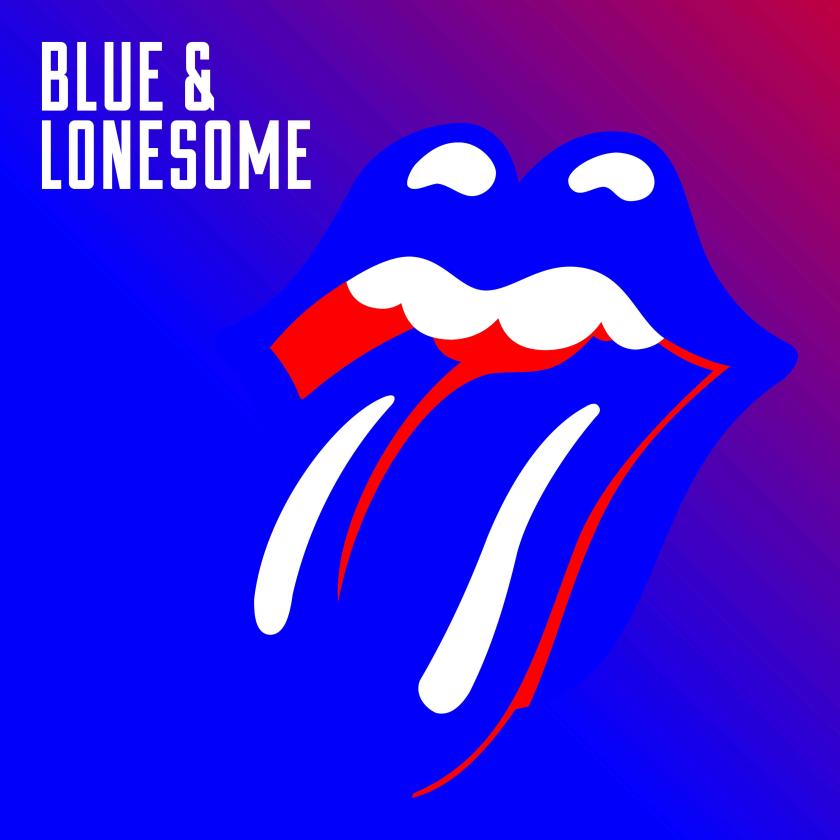


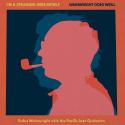
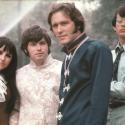

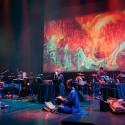


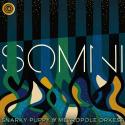


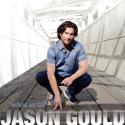
Add comment